Alternate Therapies For Managing Cancer Symptoms
- November 22, 2021
- 12 Comments
- cancer,oncology
Cancer is one of the most aggressive diseases that can affect people of any age group or gender. With over hundreds of different types, affecting various parts of the body, cancer, as well as its treatment, can severely impact the quality of your life. The whole scenario can be really stressful and overwhelming. Most of the patients suffering from cancer show their interest in any sort of treatment that helps to suppress their symptoms and help them to return back to normalcy. As per the doctors specializing in oncology treatment in Mumbai, there are a broad range of complementary and alternative treatments, or rather therapies, available nowadays, however, it is pertinent to note that not everything available on the internet is approved and safe. To make sure that you make a well-informed decision and choose therapies that are really going to help you, we have shed light on 4, generally safe, options that you would want to consider. Before starting, we would first like to answer a simple question, ‘How alternate therapies actually help?’ It is important to understand that alternative therapies do not cure cancer directly, but rather, these help the patients by alleviating the symptoms triggered by it. These include pain, anxiety, fatigue, nausea, vomiting, sleeplessness and loss of appetite. Experts from the top cancer hospital in Pune also recommend certain therapies to their patients, that not only help to ease the symptoms but also add to the effectiveness of the treatment by inducing better response. Alternative therapies that are worth trying Acupuncture – The treatment is carried out by inserting multiple tiny needles at specific points in the patient’s body. Some studies have indicated that acupuncture might help with nausea experienced post-chemotherapy. This might also be useful in alleviating certain types of pain. The procedure is performed by trained experts and offered at some of the best oncology hospitals in Pune. Acupuncture is not an option for patients with low blood count or even those who are taking blood-thinning medications. Aromatherapy – The treatment involves the use of special fragrant oils that induce a calming effect. These oils, which are often infused with beautiful aromas, are either directly applied on the scalp or added to bathwater. These scents help to release all the toxicity from your mind by alleviating stress and anxiety. These might also help with nausea and pain. The treatment can also be done at home as it is quite simple. Patients with breast cancer, or any other malignancy that is not oestrogen sensitive, should refrain from using large amounts of tea tree oil on their skin. Hypnosis – Hypnosis is a mental state in which you experience elevated levels of attention and concentration. You will require the help of a trained hypnotherapist for this. In order to hypnotize you, your therapist will talk to you in a calm soothing manner. He/she will help you to focus on your target goals and take control of the pain and stress. This is extremely helpful for patients who are experiencing cancer-related stress and anxiety, nausea and vomiting. It is important to inform your doctor if you have had any mental health issues in the past. Massage – Who does not love a massage? Well, massages can be really relaxing and can help to relieve pain, discomfort, stress and tension. It helps our body to relax. The intensity of the massage may vary depending upon your personal preference and requirement. You can easily find a massage therapist or ask your doctor to refer one. Massage is not an option for people with low blood count. Also, it is advisable to not get a massage in the areas that are too close to the surgical site.
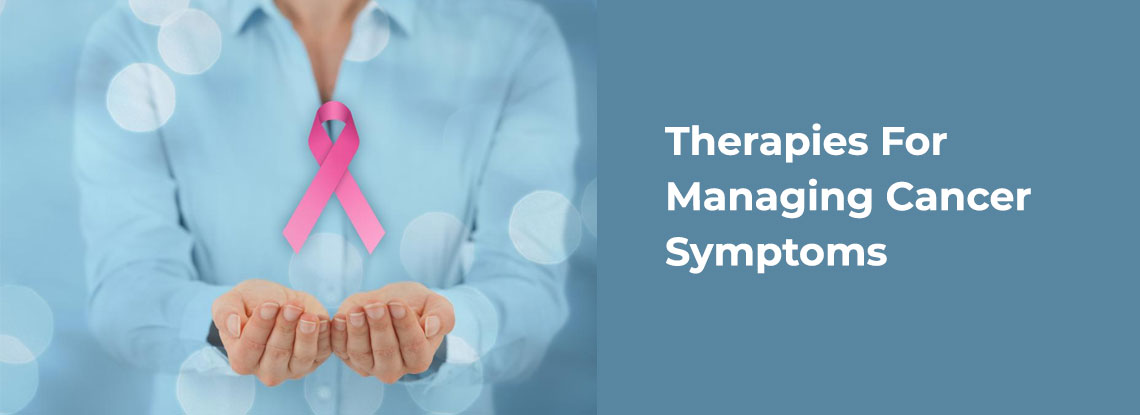
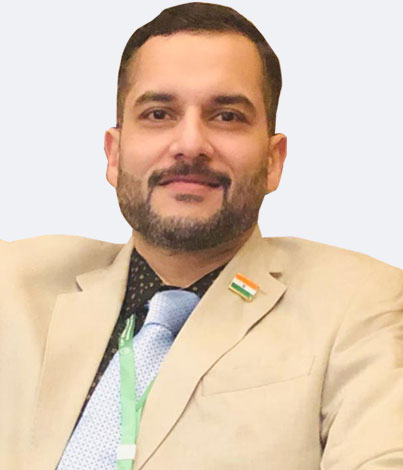
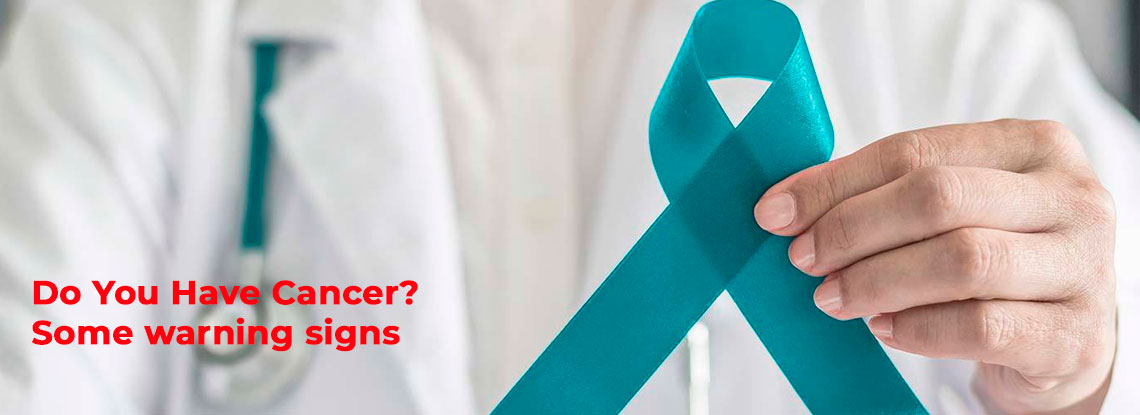
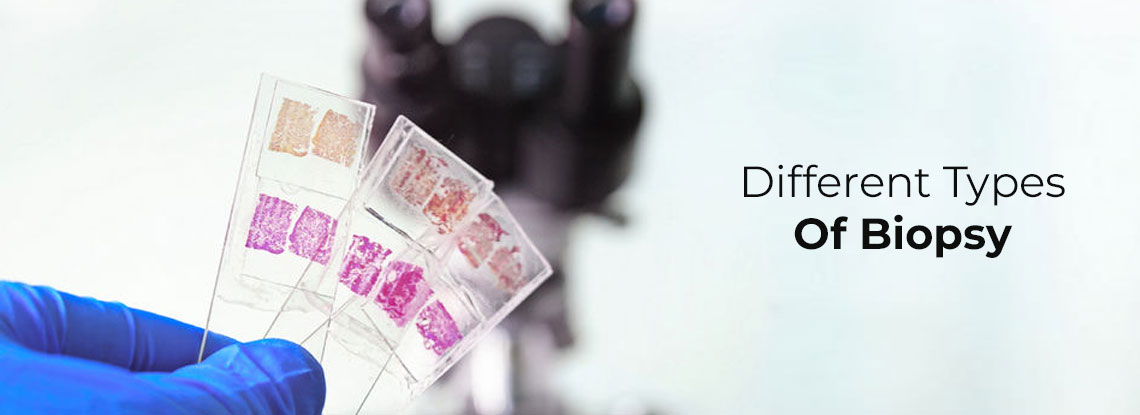
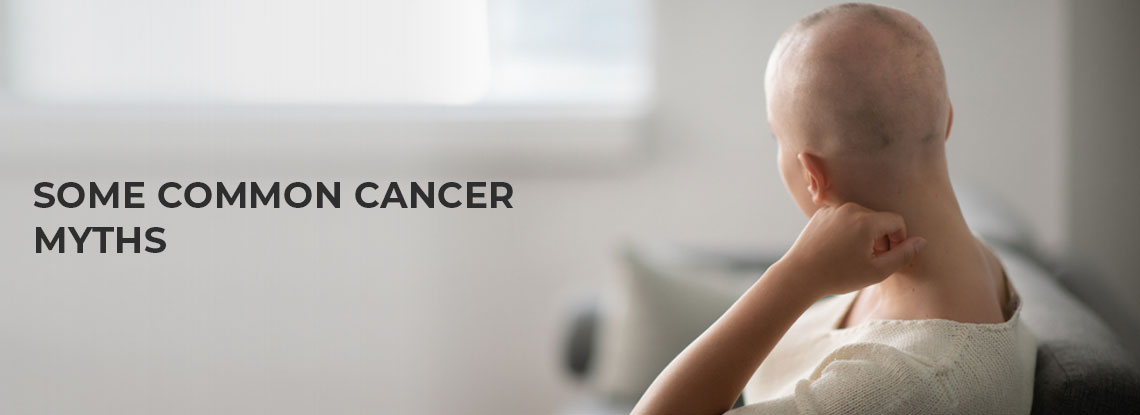
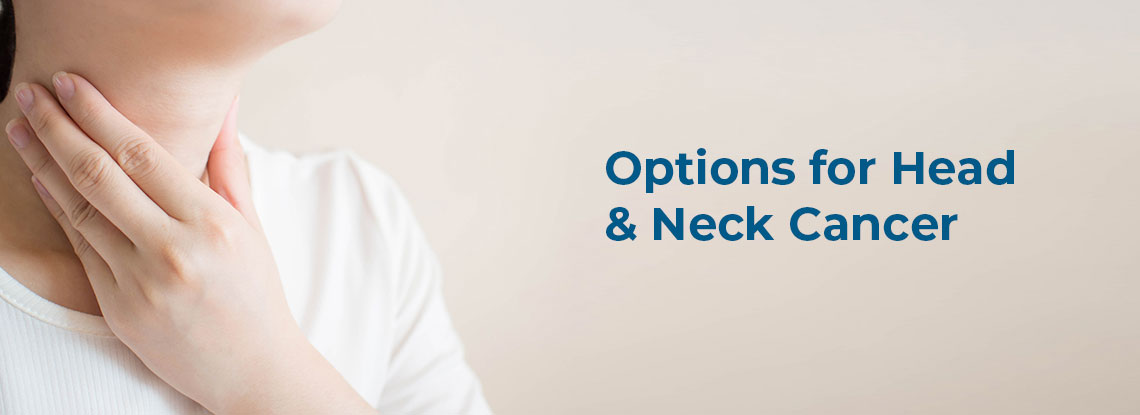
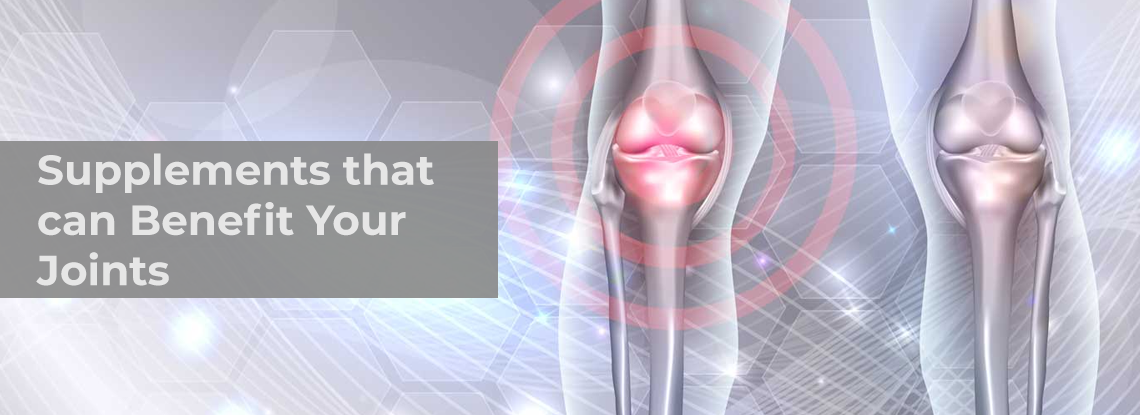

Leave Comment